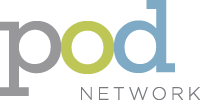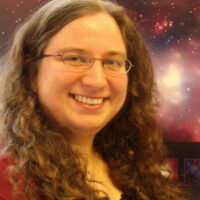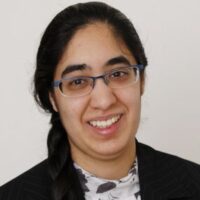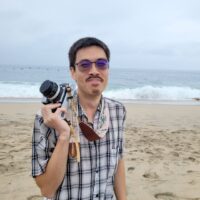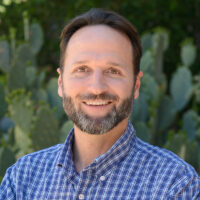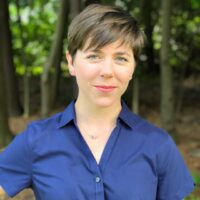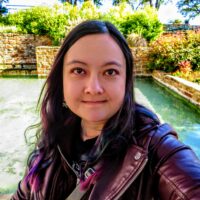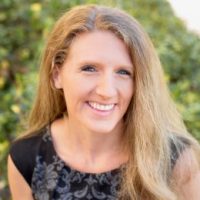How long have you been a member of POD?
Since 2019
Your discipline/background/expertise:
Astrophysics
How did you get to your current position?
I currently work as an Education & Diversity Program Manager at the American Physical Society (APS), the largest professional society for physicists. While I enjoyed doing research, I was not motivated to continue on an academic career pathway by becoming a professor. Instead, I wanted to be in a position where I could lead and/or support larger-scale transformations of STEM education. That’s actually how I got involved in POD and the STEM SIG – one of the options I was considering was a career in a university-level center for teaching and learning so that I could work with many faculty across multiple departments. A couple colleagues forwarded me the job ad for my current position APS, and I realized that it fulfilled what I was looking for, but at an even larger nation-wide scale.
What aspect of your current job do you enjoy the most?
I really appreciate being able to support initiatives that will improve student experiences across the country. I also get to work with awesome people, both at APS and externally – we work with so many amazing experts and motivated individuals in physics departments (and beyond!).
What topic(s) would you appreciate having collaborators to explore with?
While my work is largely focused on physics, a lot of what we do is not unique to physics. For example, I work on the Effective Practices for Physics Programs (EP3) Initiative, which has developed a comprehensive guide to support departmental and cultural changes, such as improving recruiting and retention of students; equity, diversity, and inclusion; and departmental processes such as program reviews and strategic planning. While this Guide was developed for physics departments in particular, much of our findings likely apply to other fields. For example, we’ve held workshops with humanities faculty about increasing enrollment using the EP3 Guide. We’re currently gearing up towards our next grant proposal, and I’d love to find collaborators who want to test (and thus improve and strengthen) our resources by working with faculty in multiple departments!
What do you like to do outside of work?
I currently volunteer at the Phoenix Zoo as an Engagement Volunteer, which means I’m one of the people walking around the Zoo who will answer questions, point out animals in our exhibits, and offer fun and important facts about the animals and conservation. I also enjoy maker/crafter hobbies, including glass blowing/lampworking, beading, chainmaille, and crochet/knitting. And I have two black cats who both love having lots of attention focused on them, which often interferes with being able to make/craft anything!
If you could learn to do anything, what would it be?
I’ve always wanted to learn to play an instrument. But something that’s more likely to happen is learning to weld – I would love to add metalworking to my list of skills! And for something that’s far less likely, I’d love to learn to fly, maybe as a pilot or with wingsuit flying.
What is one thing on your bucket list?
Bungee jumping, ideally in New Zealand because I really want to go back to New Zealand!
